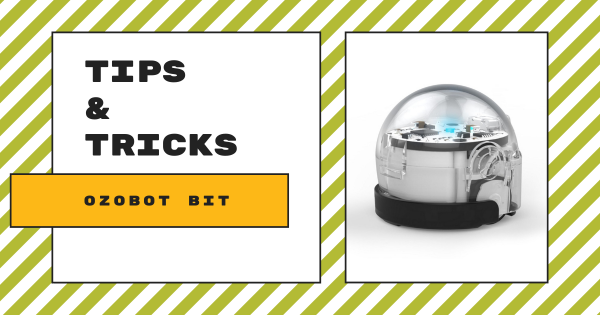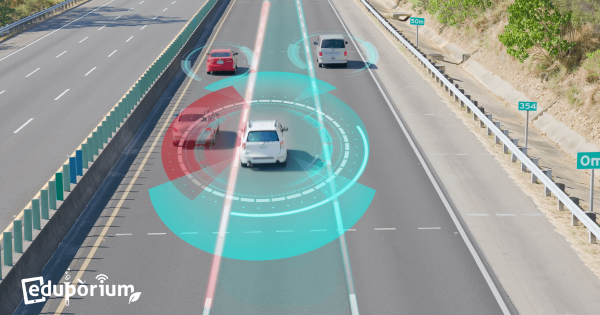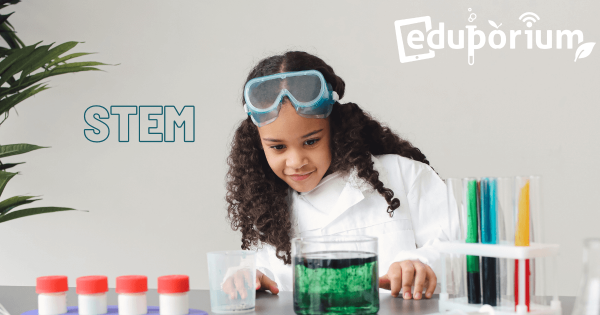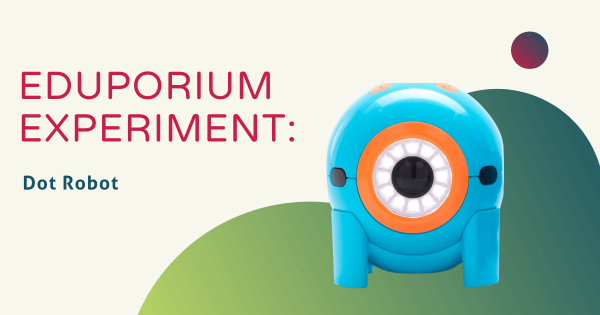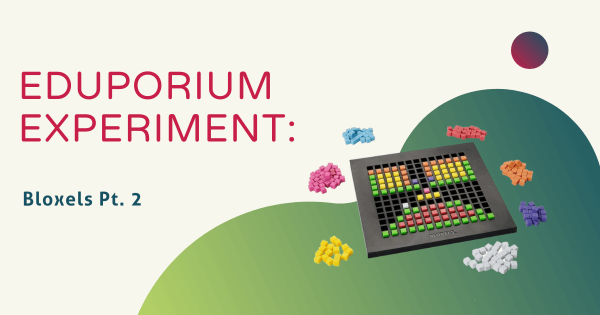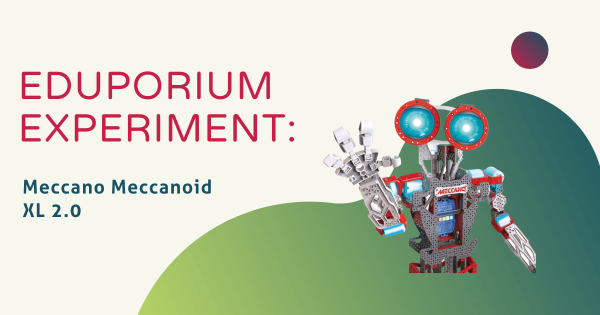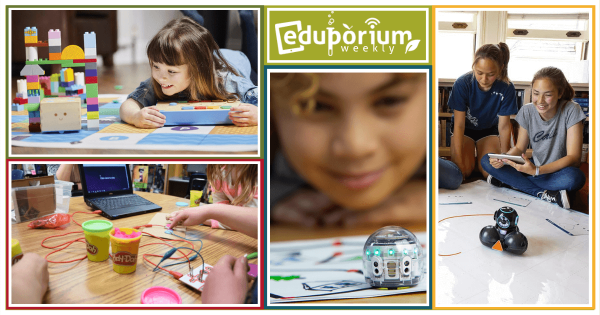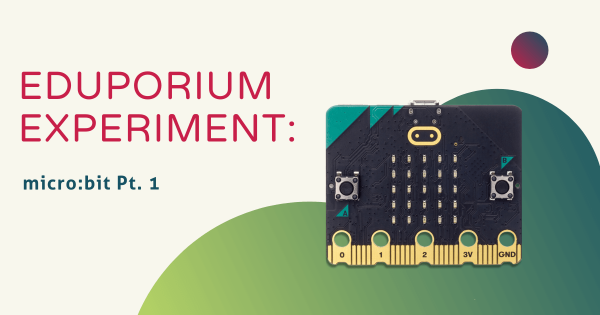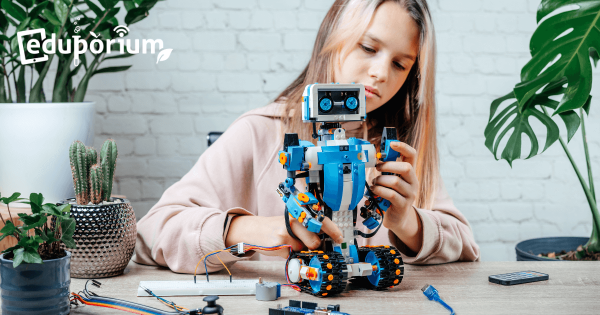Coding with the Bit can be done in one of two ways: Color coding and OzoBlockly (block coding). Color coding involves drawing paths on paper for Bit to follow and adding in color codes that tell Bit to do something, such as speed up, slow down, turn around, spin, and more. Keep reading to learn more about the original Ozobot
Computer Science
Computer science remains an integral element of STEM education and, these days, of K-12 education as a whole. With so many connections to current or future career opportunities, learning computer science skills can unlock various professional benefits for today's students. Because much of computer science ties in to the STEM economy in so many ways, it truly began to boom in high schools over the last couple decades. Now, however, students are starting to get a taste of it as early as kindergarten. With that foundation, they can continue learning new and more intricate skills throughout elementary and middle school. This helps put them in a prime position to learn the more advanced skills and coding languages in high school. With hands-on coding experiences serving as a driving introductory force to learning computer science, tons of students continue to benefit.
It's truly possible to incorporate a computer science curriculum at all levels of education. Even if experiences happen only after school, kids of any ages could partake. As early on as kindergarten, children can explore screen-free coding and develop foundational CS skills with tools like the Cubetto Robot or Bee-Bot. And, moving into early elementary school, they can dive into digital coding with block-based challenges. This introduces them to some more important elements of computer science and includes robust solutions they can try in classrooms. Among them are the Ozobot Evo, Dash Robot, Root Robot, and tons of others. Then, in middle school, they could explore graphical coding further or get into text-based coding. Using tools like the Edison Robot, Finch 2.0, Marty V2, or others, they can try more. Then, they'll be ready for full text code in high school with the NAO AI, databot 2.0, or others.
-
Eduporium Weekly | Bringing CS to All
Among the changes that have taken place in education over the last few years, perhaps one of the largest and most significant ones has been the emergence of computer science. Some districts require students to take computer science courses and plenty of others make sure they get at least some exposure to it through electives or afterschool clubs. -
Eduporium Weekly | Possibilities Surrounding Future Jobs
We talked about a lot of these skills in last week’s Eduporium Weekly and now we are going to be discussing some of the ways they might be put to use. Jobs of the future could range anywhere from drone pilot to virtual reality creator. We simply don’t know what exactly lies ahead, but can do some things to help -
Eduporium Weekly | Discussing the STEM Gender Gap
Despite conscious efforts from school and educational leaders, it’s tough to get girls as interested in STEM as their male counterparts. In fact, a great deal of female students lose interest by the time they’re in third or fourth grade. Why this may be is anybody’s guess, but some of the top reasons include the belief that they’re not as -
Eduporium Experiment | The Dot Robot From Wonder Workshop
If you’ve heard of the Dash Robot from Wonder Workshop, you’ve most likely heard of the Dot! Small but mighty, the Dot is a responsive and interactive robot designed for students aged six and up. Though it may not be quite as popular as the Dash because it lacks its own motors, the Dot is still a great tool for -
Eduporium Experiment | Bloxels Pt. 2
Bloxels is in a field of its own. Why? It empowers students as young as five years old to try their hand at video game design. Seriously, students from grades K-8 can build an entire video game from scratch with Bloxels’ blocks and gameboard! It’s a totally hands-on experience during which students use the different blocks to design layouts and -
Eduporium Experiment | Meccano Meccanoid XL 2.0
The Meccano Meccanoid G15KS is a personal robot kids can build from the ground up. With three ways to program, voice recognition, and smart device communication, the Meccanoid might just become their best robot friend ever! Once built, it towers at almost four feet tall (122 cm) and it comes with 1,014 parts, two hand tools, a battery, and more. -
Eduporium Weekly | 15 Days of techXmas
If you’ve ever explored our site (if you haven’t, now is a pretty good time), you’ve likely seen hundreds of different EdTech tools, including some for every single age group and ones that cover just about every STEM area imaginable. We’ve got a gift for each of the 15 days of techXmas and, hopefully, you can learn something, too. -
CS Ed Week Is Not Complete Without Getting Girls Involved
Coding is a skill that’s going to be extremely relevant for everybody in the future and something that all students need to experience from the onset of their education. And, yes, this includes girls. For whatever reason—many of which we’ll get into later—girls seem to lack the same interest boys have in STEM education but we can do something about




